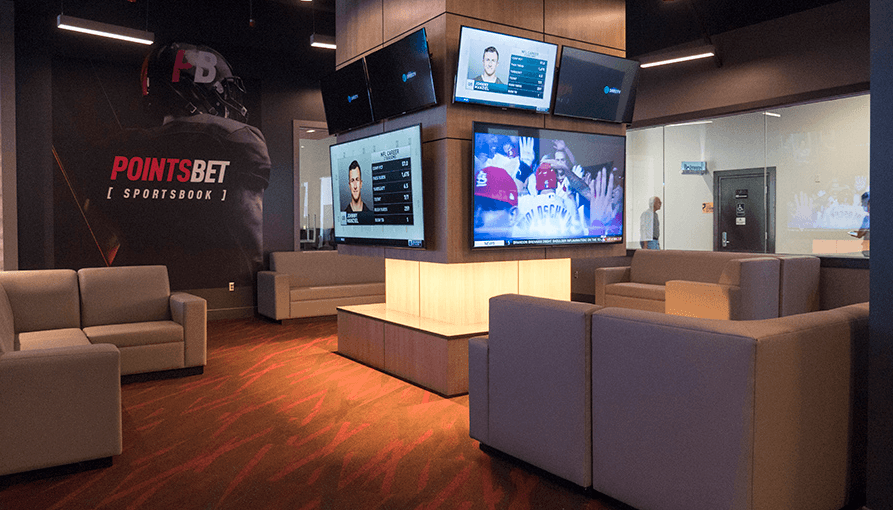The UK charity GambleAware has highlighted several gaps in the UK’s problem gambling treatment services.
GambleAware has called for authorities to increase and expand how much help is available to problem gamblers in the UK after new research has found that almost half of the players suffering from gambling-related problems are choosing not to access treatment or support services.
Yesterday (18 May), GambleAware published figures from the first edition of the Treatment Needs and Gap Analysis report.
The research was carried out by a group of researchers, including the National Centre for Social Research, with the aim of looking treatment and support services in the UK.
Research findings
According to the report, 12,161 adults were surveyed between 24 September and 13 October 2019. Researchers used the Problem Gambling Severity Index (PGSI) to determine if someone was a law, moderate or high-risk gambler.
The survey found that 13% of adults scored one or higher on the PGSI scale, 7% of these adults were classed as low-risk gamblers, 3% were identified as being of moderate-risk and 3% were identified as problem gamblers.
A YouGov population study that was carried out alongside the survey suggested that across the country, 2.7% of UK gamblers could be classed as having a gambling problem. Individuals that accessed treatment services tended to do so after playing at online gambling products, virtual gaming machines or betting online with a sportsbook.
Approximately 17% of all gamblers with a PGSI score of one or higher said they used some form of gambling treatment in the past 12 months. These treatments included mental health services and support from family and friends.
The severity of the gambling harm people experienced determined whether or not they reached out to treatment services for help. According to the report, 3% of people classed as low risk sought out help, this number rose to 54% for problem gamblers.
Of the people identified as problem gamblers, 17% did not think their gambling habits were harmful, or that it only involved small amounts of money and therefore did not seek treatment.
Researchers found that the perceived stigma or shame of gambling played a significant role with 27% of problem gamblers giving this as a reason for not seeking support or treatment. Other problem gamblers surveyed said that they did not seek help due to personal reasons such as poor health, a lack of awareness of problem gambling and practical reasons such as cost and time constraints.
GambleAware chief executive Marc Etches said: “This research has shown that there is a clear need to further strengthen and improve the existing treatment and support on offer, to develop routes into treatment and to reduce barriers to accessing help.
“Services have to be flexible to meet the needs of individuals and easy to access. This research shows how the need for support and the way it is accessed may vary according to gender and demographic factors such as ethnic group, location or whether a person has additional health needs.”
GambleAware’s report also found that female gamblers were three times more likely than men to refer to practical reasons for not accessing support services. Young adults and individuals from Black Asian and Minority Ethnic (BAME) groups were less likely to gamble but more likely to be classed as a problem gambler. People from this group were more likely to have accessed gambling support services.
The report noted that the needs of people from a lower socioeconomic background were not adequately met after 17% of these people were likely to report that nothing would push them to seek support for their gambling habits.
GambleAware’s recommendations
Following the publishing of the research, GambleAware put forward several recommendations to address the shortcomings in treatment services that were identified. These recommendations include the development of educational programmes and campaigns to increase awareness and reduce the perceived stigma around gambling addiction in the UK.
GambleAware also suggested that these gambling treatment services should be tailored to those groups less likely to access treatment and support services. This includes younger people, women, people from BAME groups and those from lower socioeconomic backgrounds.
Etches added: “Meeting the needs highlighted in this report will require partnerships between the statutory and voluntary sectors, both those services specific to gambling treatment and other health and support provisions.
“Working with those with lived experiences is essential in designing and promoting access to services, as well as helping to prevent relapse. It is important to engage community institutions including faith groups, to help make more people aware of the options available to them and ensure no one feels excluded from services.”






